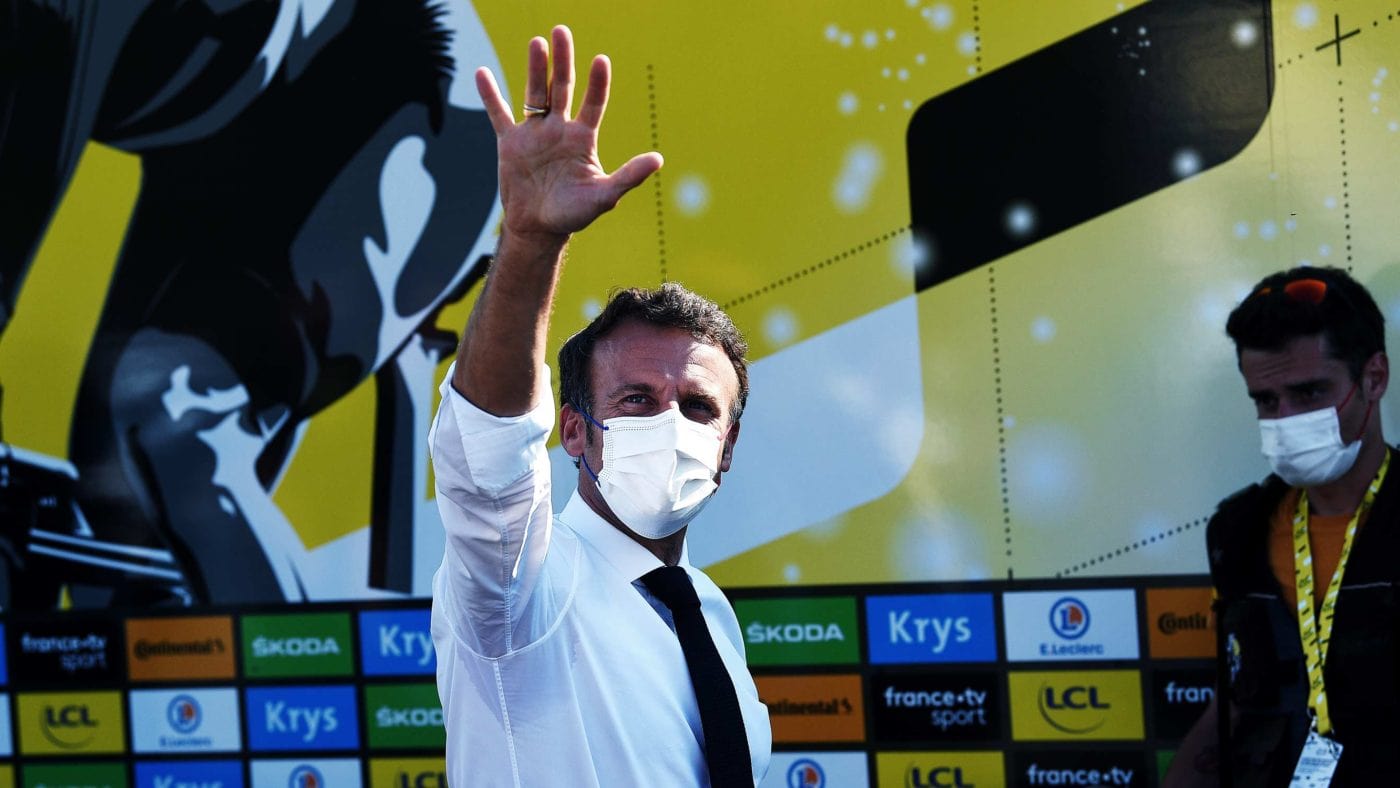A new word has been coined in France, specifically to mark the presidency of Emmanuel Macron; ‘Anxiocratie’ describes the perpetual sense of anxiety under which the French have lived since Macron came to power in May 2017.
At the time of his election the Republic was well into an extended state of emergency imposed by Macron’s predecessor François Hollande after Islamist terrorists killed 130 people in Paris in November 2015. It was only the second time such a measure had been implemented in mainland France in half a century (the previous instance was after widespread rioting in 2005).
Days after succeeding Hollande as president, Macron extended the state of emergency once more, this time citing the Manchester Arena suicide bombing. Macron only lifted the state of emergency in November 2017, replacing it with a counter-terrorism law that granted the authorities greater surveillance powers.
A period of relative calm then settled on France until the Yellow Vest movement took to the streets in November 2018, their anger roused by Macron’s desire to impose a green fuel tax. Throughout that winter, towns and cities across France were the scene of mass demonstrations, many of which turned violent.
The cynic might say that Covid came at an opportune time for the president; it certainly put an end to the Yellow Vest protests.
On March 16, 2020 Macron said in a presidential address that France was at ‘war’ with the virus, and consequently the country would be locked down for the foreseeable future. Six days later a ‘state of health emergency’ was declared. It was initially meant to last two months, but kept being extended. For long periods schools, business and the hospitality sector were closed, a 6pm curfew was introduced and people were only allowed to leave their homes if they had signed a declaration stating their reasons for being on the street.
The state of health emergency was finally lifted at the start of August, to a collective sigh of relief. But Macron soon put a stop to that. A fortnight ago – refreshed after a couple of weeks jet-skiing in the Mediterranean – the president warned that a hard winter lay ahead. But, he said, this was ‘the price of liberty’, and he had no doubt the French would be ready to make such a sacrifice in support of Ukraine.
His address was mocked by many for its melodrama. Commentators drew unfavourable comparisons with Winston Churchill’s famous ‘Blood, toil, tears and sweat’ speech of May 1940, but in recent days Macron and his government have doubled down on their rhetoric. Gabriel Attal, the Minister of Public Action and Accounts, was all doom and gloom at the weekend when he appeared on television, telling the nation to ‘prepare for tension’ this winter but assuring them that the government would be there to ‘protect’ the people. There was a similarly downbeat message from Prime Minister Élisabeth Borne on Wednesday evening when she proclaimed that: ‘The real risk of gas shortages demonstrates that defending our values by supporting the Ukrainian people has a price’.
Macron is today chairing a Council of Defence meeting about the energy crisis because, as an l’Élysée spokesman explained, the ‘priority of the president has always been to protect the French’
‘Protection’ is a meme of Macron’s presidency. He and his government use the word a great deal to justify their actions. It impresses a segment of the population, typically the elderly, the demographic who are most loyal to the president. But it elicits only a weary sigh from the majority.
A pointed editorial in Le Figaro this week titled: ‘Energy Crisis: Putin’s fault, really?’ hit Macron with some long overdue home truths:
‘The reality is that, for the past fifteen years, we have voluntarily sacrificed part of our nuclear power, which ensured our energy sovereignty, in order to make little political arrangements with the ecologists.’
Energy transition was always going to involve a period of pain for consumers and Macron’s opponents accuse him of exploiting the war in Ukraine to pursue what Marine Le Pen calls his policy of ‘punitive environmentalism’.
One of the principal reasons the French have never warmed to Macron is his lack of joie de vivre. His asceticism unsettles them; they prefer their presidents to have more vim and passion.
But Macron sees himself as their ‘protector’. He’s clearly decided that a state of permanent ‘Anxiocratie‘ is the most effective of keeping his fractious people under control.
Click here to subscribe to our daily briefing – the best pieces from CapX and across the web.
CapX depends on the generosity of its readers. If you value what we do, please consider making a donation.


